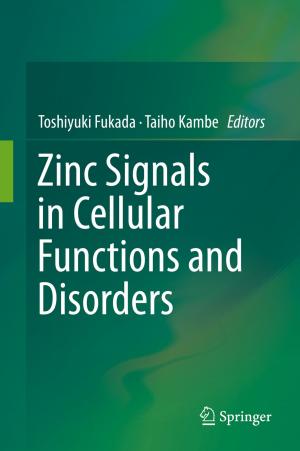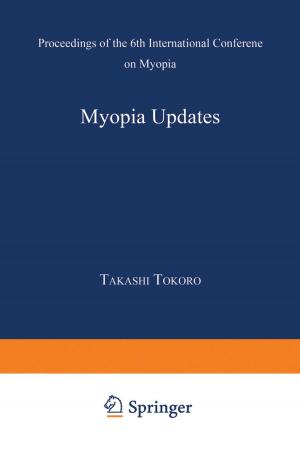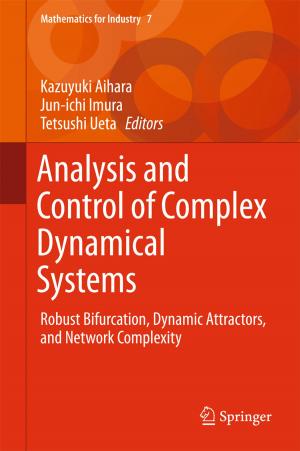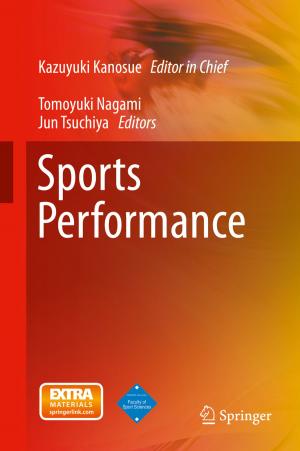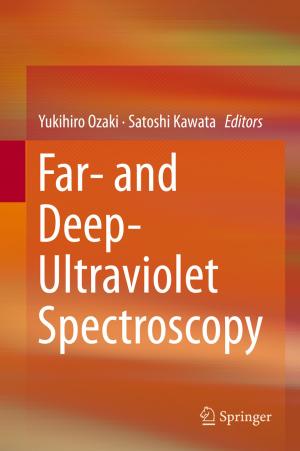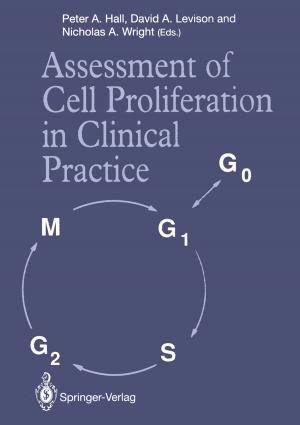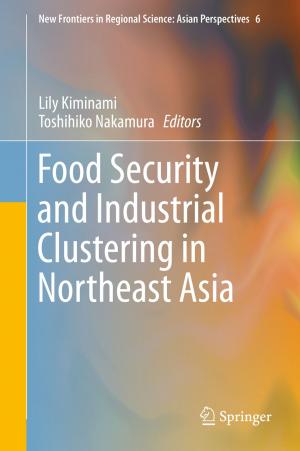Finite Sample Analysis in Quantum Estimation
Nonfiction, Science & Nature, Science, Physics, Quantum Theory, Computers, Advanced Computing, Information Technology| Author: | Takanori Sugiyama | ISBN: | 9784431547778 |
| Publisher: | Springer Japan | Publication: | January 15, 2014 |
| Imprint: | Springer | Language: | English |
| Author: | Takanori Sugiyama |
| ISBN: | 9784431547778 |
| Publisher: | Springer Japan |
| Publication: | January 15, 2014 |
| Imprint: | Springer |
| Language: | English |
In this thesis, the author explains the background of problems in quantum estimation, the necessary conditions required for estimation precision benchmarks that are applicable and meaningful for evaluating data in quantum information experiments, and provides examples of such benchmarks.
The author develops mathematical methods in quantum estimation theory and analyzes the benchmarks in tests of Bell-type correlation and quantum tomography with those methods. Above all, a set of explicit formulae for evaluating the estimation precision in quantum tomography with finite data sets is derived, in contrast to the standard quantum estimation theory, which can deal only with infinite samples. This is the first result directly applicable to the evaluation of estimation errors in quantum tomography experiments, allowing experimentalists to guarantee estimation precision and verify quantitatively that their preparation is reliable.
In this thesis, the author explains the background of problems in quantum estimation, the necessary conditions required for estimation precision benchmarks that are applicable and meaningful for evaluating data in quantum information experiments, and provides examples of such benchmarks.
The author develops mathematical methods in quantum estimation theory and analyzes the benchmarks in tests of Bell-type correlation and quantum tomography with those methods. Above all, a set of explicit formulae for evaluating the estimation precision in quantum tomography with finite data sets is derived, in contrast to the standard quantum estimation theory, which can deal only with infinite samples. This is the first result directly applicable to the evaluation of estimation errors in quantum tomography experiments, allowing experimentalists to guarantee estimation precision and verify quantitatively that their preparation is reliable.

